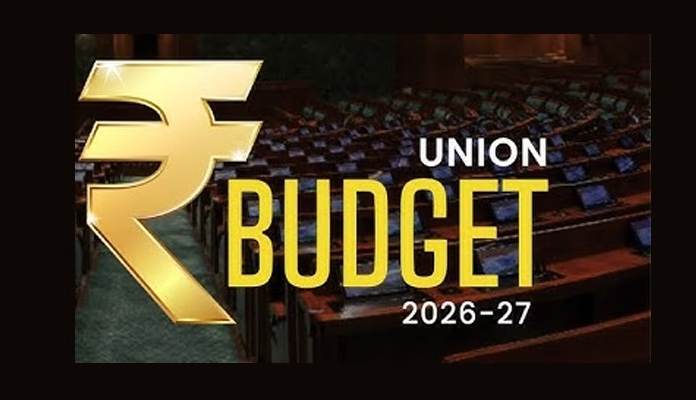
New Delhi: The Supreme Court on Thursday concluded hearings on petitions challenging the Waqf (Amendment) Act, with petitioners arguing that the new law infringes upon fundamental religious rights.
Senior advocate Kapil Sibal, representing the petitioners, countered the government’s claim that waqf is not an essential religious practice in Islam. “Waqf is a dedication to God for the afterlife… unlike other religions, it is charity made directly to God,” he stated, emphasizing its spiritual and religious significance.
The Centre, defending the amendment, argued that waqf, while an Islamic tradition, is not a constitutionally protected religious right. It said the law aims to improve transparency and accountability in managing waqf properties, many of which serve secular purposes such as madrasas and orphanages.
The court engaged in a broader discussion on religious charity. Chief Justice BR Gavai noted that charitable practices are common across faiths, citing Hinduism’s concept of moksha, while Justice Augustine George Masih referenced similar traditions in Christianity, saying, “We are all trying to get into heaven.”
Petitioners challenged the state’s authority to determine the essentiality of religious practices, asserting that no external body can decide what is or isn’t vital to a faith.
The Waqf Amendment Act, passed by Parliament last month, has faced sharp criticism from several Muslim organizations, who allege it is part of a larger attempt to control waqf properties. Protests have erupted across the country, with minority groups accusing the government of targeting religious institutions.
The Supreme Court bench, led by CJI Gavai, has reserved its order on an interim plea to stay the implementation of the new law.




